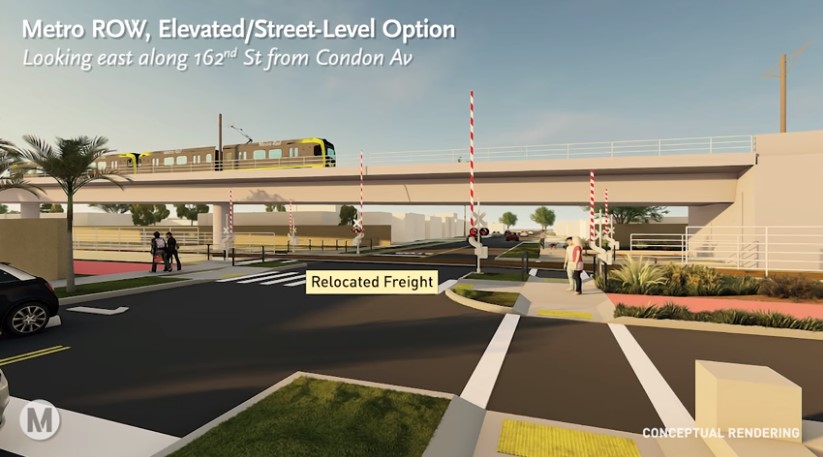Transportation reformers and status quo-lovers alike smacked their
foreheads in frustration when the White House's first stimulus plan
lowballed infrastructure to make
room for tax breaks that had little demonstrable effect on job creation
-- particularly the $70 billion adjustment of the alternative minimum
tax (AMT).
But
the stimulus law included one AMT tweak that ultimately could prove a
big boon for transportation. As the American Association of Port
Authorities observed yesterday in a letter
to Congress on economic recovery strategies, the stimulus helped
transportation planners by eliminating the AMT for two years on private
activity bonds issued by state and local governments.
So what
in the world are private activity bonds? Simply put, they are a
still-developing tool to encourage public-private partnerships (PPPs)
for infrastructure by allowing private companies to benefit from tax
exemptions similar to those enjoyed by municipal bonds (generally
issued by public entities for public projects).
As the AAPA wrote in its letter to Capitol Hill:
TheAMT reduces the attractiveness to investors of bond issues necessaryfor infrastructure development projects. As a consequence, public portauthorities must discount the bonds; thereby reducing the overallfunding available for investment in infrastructure and the attendantjobs and income creation which would have been created. AAPA stronglysupports the permanent elimination of the AMT for private activitybonds.
Of course, the virtuousness of private
activity bonds -- much like that of PPPs overall -- depend on the type
of project that benefits from the debt issuance. And unfortunately, the
bonds have yet to be approved for use on transit.
As of December 2008, the U.S. DOT has okayed
private activity bonds for seven projects, totaling $4.9 billion of the
$15 billion cap set in 2005. Only one of the seven has actually
progressed to issuing bonds: suburban Virginia's plan to add
high-occupancy toll (HOT) lanes to I-495, a.k.a. the Capital Beltway.
Given that the Beltway HOT lanes project is looking
more and more like an old-fashioned giveaway to corporate interests,
the prospect of more private activity bonds may set transportation
reformers' teeth on edge. But with a nationwide high-speed rail on the
horizon, the more funding available for rail improvements, the better.
And in a world where Wall Street lobbyists have long angled for
an exemption from the corporate version of the AMT, it's to be expected
that infrastructure planners should reach for funding help, wherever
they can get it.





